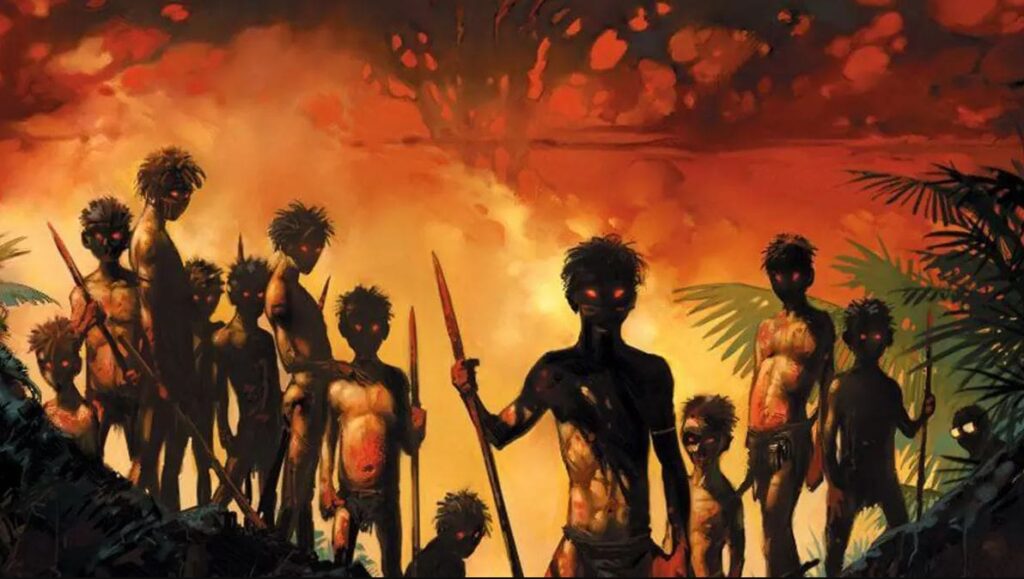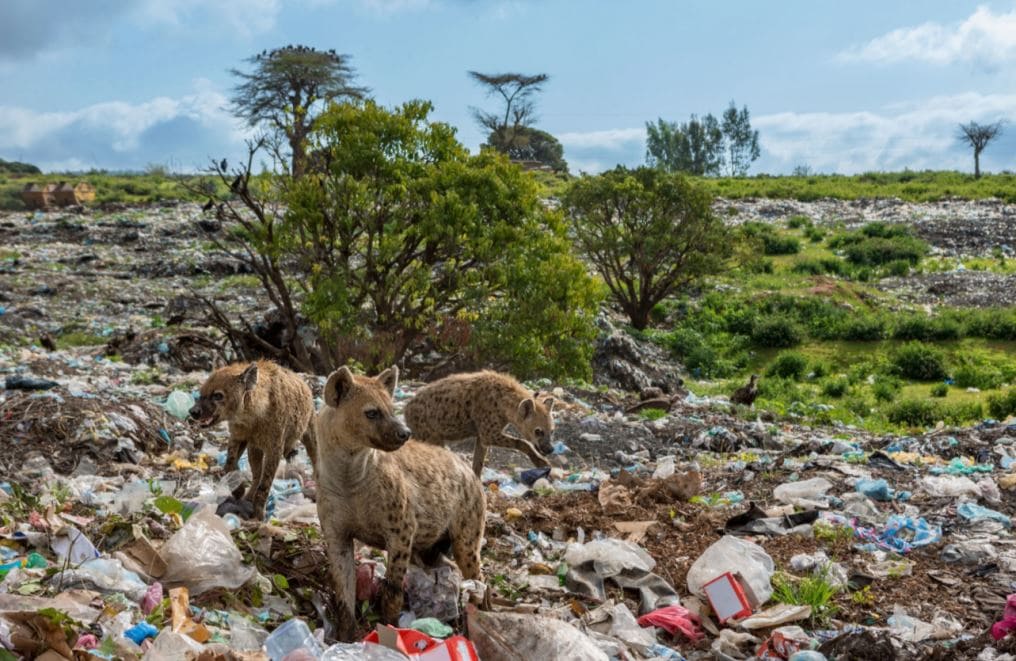Introduction
Symbolism elevates writing by attaching supplementary meaning to names, objects, and actions. As a result, authors utilize symbolism to describe concepts and ideas to their readers. For instance, William Golding utilizes the island, fire, and a conch shell as symbols in the novel Lord of the Flies to define paradise, determination to rejoin civilization, and order, respectively.
Island
Golding uses the island as a symbol of paradise since it is filled with opportunities.For students learning how to write a critical response, analyzing such symbols offers a foundation for deeper interpretation. A group of boys found themselves on an island with no grown-ups after their plane was attacked.1 In particular, their plane was shot down due to continuing war. Therefore, finding themselves on an island justifies that they have a chance to start their life from scratch. In this respect, the boys can commence a perfect society. Islands are characterized by untouched beauty and bountiful food.2 An island can sustain humanity, implying that the boys found themselves in a peaceful region where they have control. Therefore, Golding uses an island to symbolize an Eden-like paradise.
1. William Golding, Lord of the Flies, (Global Village Contemporary Classics, 1954), 7.
2. James C. Russell and Christoph Kueffer, “Island Biodiversity in the Anthropocene,” Annual Review of Environment and Resources 44 (2019): 33, https://doi.org/10.1146/annurev-environ-101718-033245.

Fire
Golding utilizes fire in the novel to symbolize rescuing hope and determination for rejoining civilization since it would attract attention from passing ships. Ralph suggests they make a fire so ships coming to the island can notice them.3 In this case, the fire is the way of connecting the boys to society. As a result, Ralph asks the boys to set up fire on the top of the mountain and asks them to keep it burning throughout so that passing ships can come to their rescue. Although wildfires occur naturally, humans use them to their advantage.4 Boys use fire to attract other people’s attention since they would be curious to know what is happening. Therefore, if the fire goes out, it implies that they have lost the aspiration to be rescued and are unwilling to rejoin their families. At the end of the play, smoke attracts the attention of a naval officer, influencing him to come to the island. Hence, Golding uses fire to symbolize hope for the boys to be rescued and show their willpower to rejoin society.
3. Golding, Lord of the Flies, 51.
4. Matthew W. Jones et al., “Global and Regional Trends and Drivers of Fire Under Climate Change,” Reviews of Geophysics 60, no. 3 (2022): 3, https://doi.org/10.1029/2020RG000726.
Conch Shell
Golding also utilizes the conch shell as a symbol of order and civilization since it is utilized during meetings. Ralph and Piggy blow the conch shell so that they want to attract other boys’ attention on the island, which plays a crucial role in bringing them together.5 Boys had scattered on the island after the clash, and the conch shell aided in summoning them. Conch shells are utilized for religious rituals and communication in most communities.6 In this case, Piggy and Ralph use the conch shell to make their presence known on the island. After the boys gather due to the conch shell blowing, they elect Ralph as their leader, justifying that it aids in maintaining order on the island. In this respect, Ralph holds the conch shell for his followers to remain silent.7 The conch shell ensures the boys remain civilized on the island, considering it aids in governing the boys. In this context, during their meetings, the person with the conch shell had the right to speak. Therefore, the conch shell symbolizes civilization and order since it symbolizes a way of bringing people together and power.
5. Golding, 24.
6. Niharika Shivhare, Shirin Imam, and Anita Gour, “Sound Effect of Bells, Conch Shells and Gongs in Environment Purification-A Review,” Juni Khyat 6, no. 13 (2020): 400, https://junikhyatjournal.com/no_13_jun_20/49.pdf.
7. Golding, 30.
Conclusion
Golding utilizes the conch shell, fire, and island as symbols in the play Lord of the Flies. The boys find themselves scattered on an island after their plane is attacked. The island symbolizes a paradise since the boys are alone with no grown-ups giving them a chance to commence a community of their wish. The boys utilize the conch shell to bring them together and ensure harmony. Thus, the conch shell symbolizes civilization and order. Besides, Golding uses fire to represent hope for rescue and willpower to rejoin society.
Bibliography
Golding, William. Lord of the Flies. Global Village Contemporary Classics, 1954.
Jones, Matthew W., John T. Abatzoglou, Sander Veraverbeke, Niels Andela, Gitta Lasslop, Matthias Forkel, Adam J.P. Smith et al. “Global and Regional Trends and Drivers of Fire Under Climate Change.” Reviews of Geophysics 60, no. 3 (2022): 1-76. https://doi.org/10.1029/2020RG000726.
Russell, James C., and Christoph Kueffer. “Island Biodiversity in the Anthropocene.” Annual Review of Environment and Resources 44 (2019): 31-60. https://doi.org/10.1146/annurev-environ-101718-033245.
Shivhare, Niharika, Shirin Imam, and Anita Gour. “Sound Effect of Bells, Conch Shells and Gongs in Environment Purification-A Review.” Juni Khyat 6, no. 13 (2020): 388-403. https://junikhyatjournal.com/no_13_jun_20/49.pdf.


